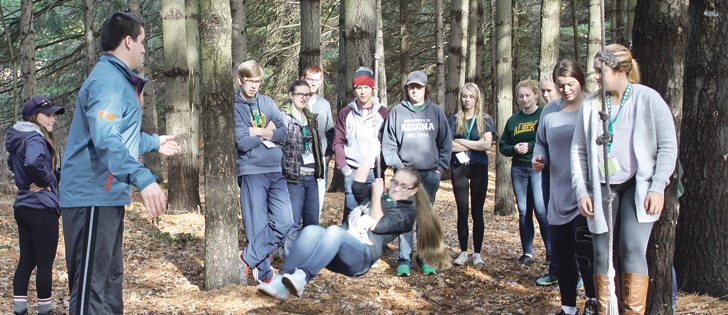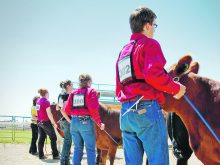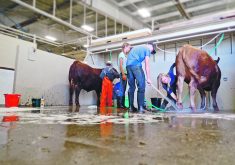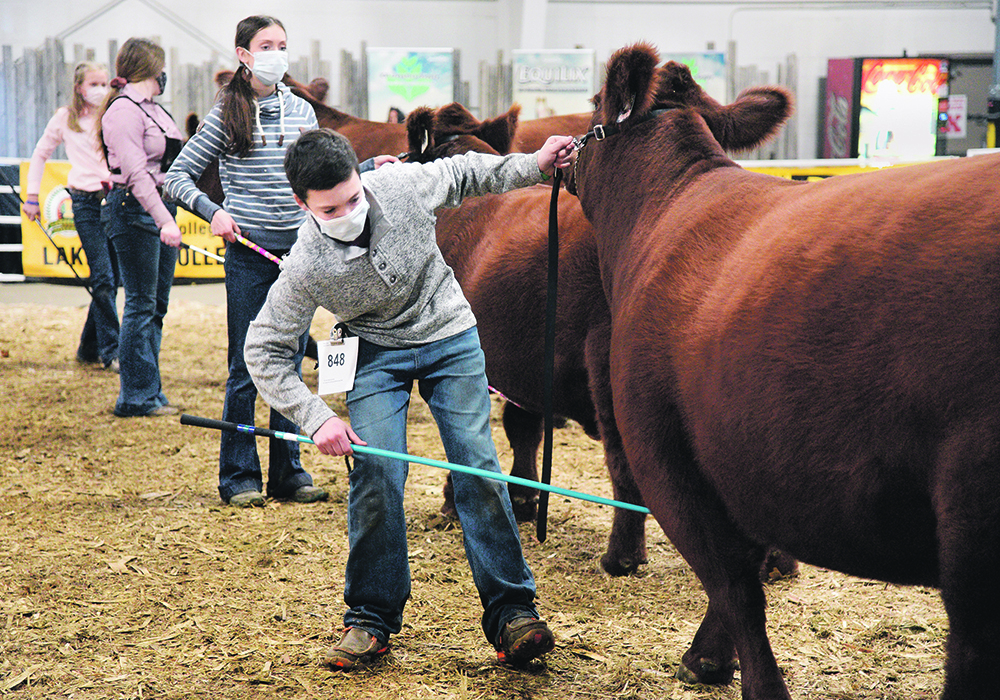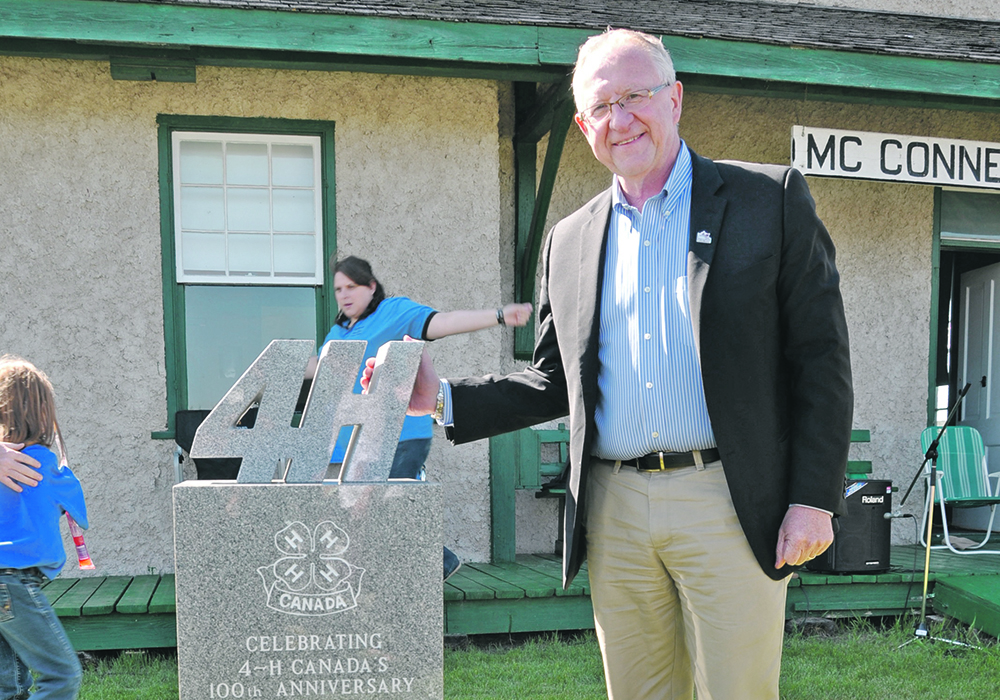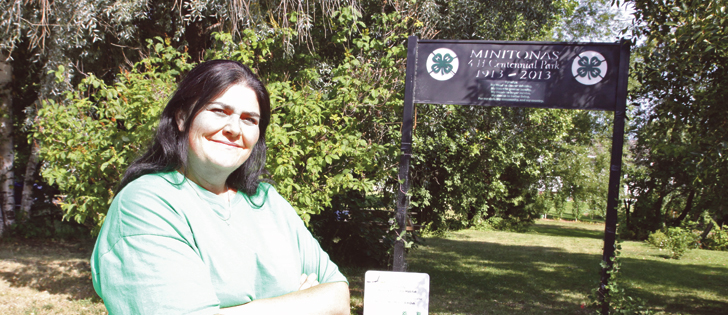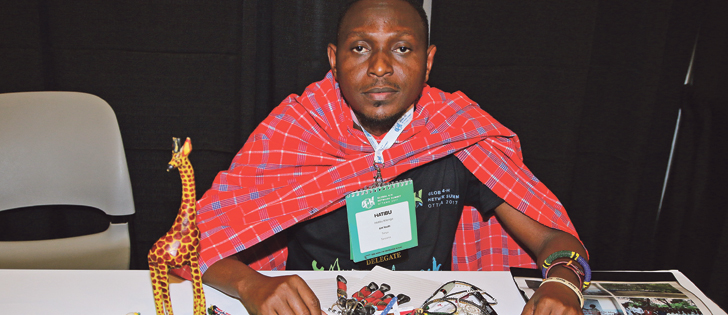NOBLETON, Ont. — Robert Larsen thought he wanted to be a veterinarian until he found out how much of a vet’s time is spent doing pregnancy checks on dairy cows.
Instead, the Prince Edward Island 4-Her will take a business degree before returning to his family’s bee farm.
“I’ve decided now what would benefit me most on the farm,” the Grade 12 student told delegates at the National 4-H Members Forum’s Bridging the Gap workshop held in Nobleton earlier this month.
Melissa Taylor, a 4-H Youth Advisory Committee member from Newfoundland and Labrador, knew she had to do something less traditional at university so is now studying art and tourism.
Read Also
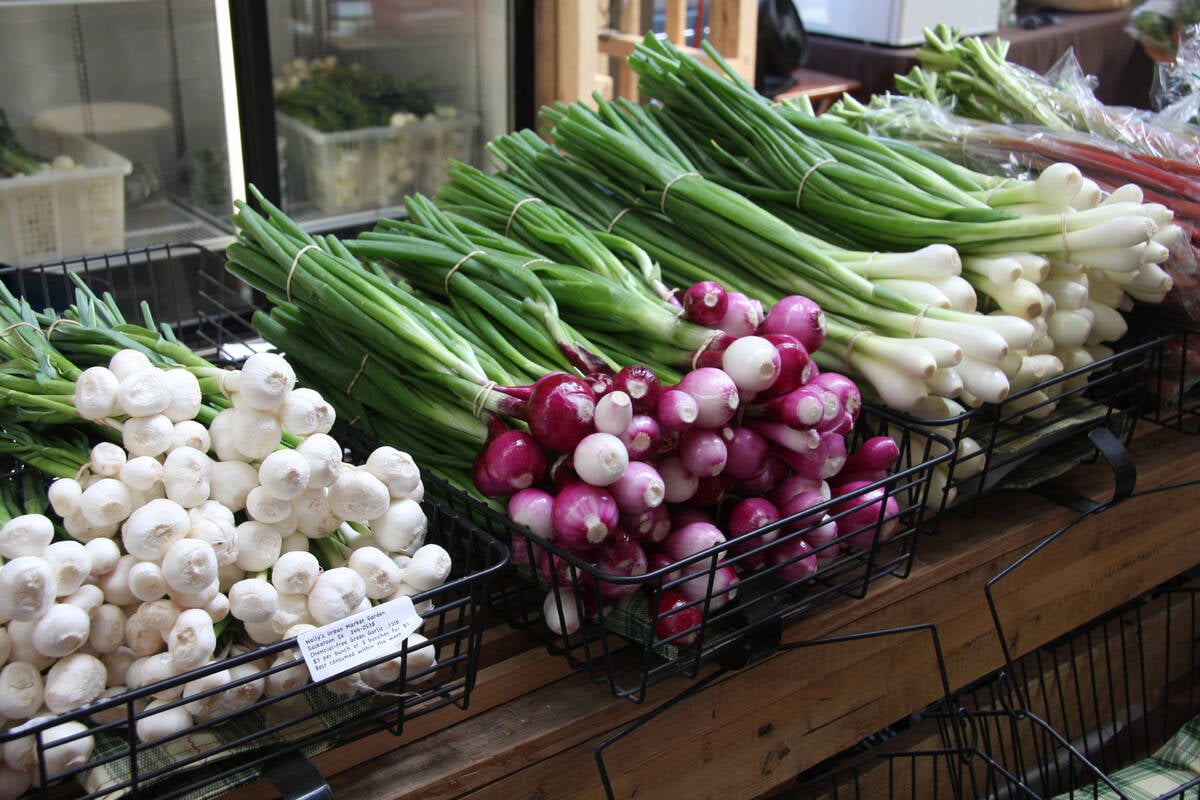
Starting a small business comes with legal considerations
This article sets out some of the legal considerations to start a business to sell home-grown product, such as vegetables, herbs, fruit or honey.
“You have to follow your interests and passion. No one knows you better than you,” she said.
The pair discussed options for young people after high school, such as post-secondary education, military service, volunteering and full-time work.
Taylor and Larsen agreed there are advantages and cost savings in attending school close to home.
Larsen, with the Albany Centennial 4-H Club in Cape Travers, P.E.I., said attending university in Charlottetown means he can get back to his farm on weekends.
“I’m on the island I know and love and can continue with opportunities 4-H provides me and with other extracurricular activities,” he said.
Taylor said her university offers a good art school that is close to home and one of the cheapest in Canada.
Taylor and Larsen encouraged members to check out different schools and seek guidance from parents, 4-H leaders, school guidance counselors and professionals in jobs that interest them. They also told members to apply for 4-H and other post-secondary scholarships.
Taylor cited opportunities in 4-H such as the LEAD scholarships that match students with mentors and provide $20,000 over four years of school. Other options include Careers on the Grow, which provides hands-on farm experience and mentorships, and Going Global Exchanges, which allow for international travel and service work.
Living away from home is something Sidney Meyer of Saskatchewan’s Kerrobert Multiple 4-h Club thinks will be positive.
The Grade 11 student is still weighing her future options, but said it will be an opportunity to experience a world beyond her hometown.
“Do what you think is best for yourself and what will get you to where you want to be,” she said.
Hayley Frail, a 4-Her from Caledonia, N.S., who will go to King’s University in Halifax to study journalism, said many 4-Hers come from small close-knit farming communities.
“It’s daunting to think of all the possibilities out there and how you’re going to put yourself up for those possibilities,” said Frail.
Once at university, Taylor said students must learn to prioritize, organize workloads and manage personal finances.
Larsen keeps a wall calendar in his room so he can keep track of each day.
He said planning is key.
“It’s important to set goals and take small steps.”
The pair agreed there are pros and cons to taking a gap year.
While applying as a mature student can be more challenging than direct entry from high school, the year away allows time to crystallize future plans.
“If you don’t want to be there, don’t be there, as you’re paying for it,” said Taylor.
Larsena agreed that a gap year can save students money.
“It’s completely OK not to spend all that money on something you might not actually want to do,” he said.
Taylor said there is a lot of pressure on people to immediately know what to do after high school.
“Take a year off, reflect on who you are as a person, what your skills are, what you are good at versus being pressured to do something because of the money involved in that career.”

